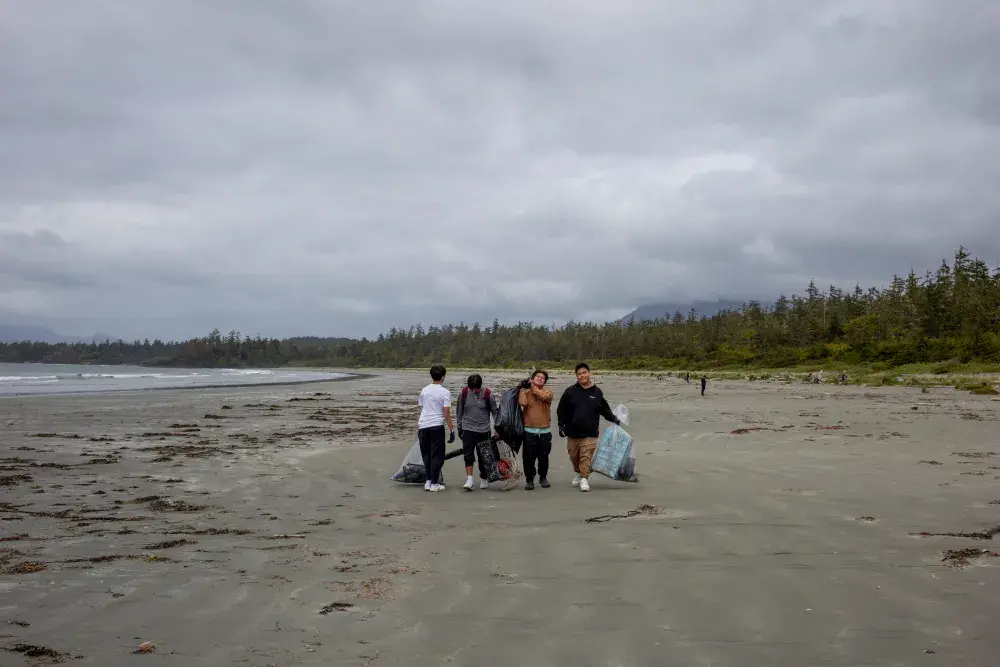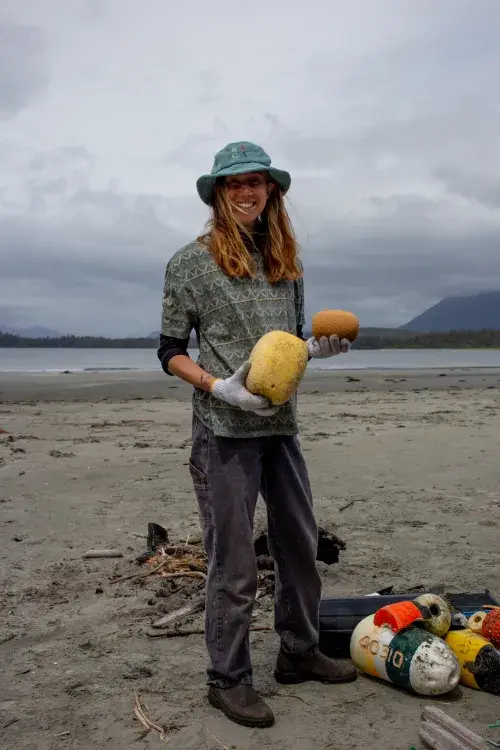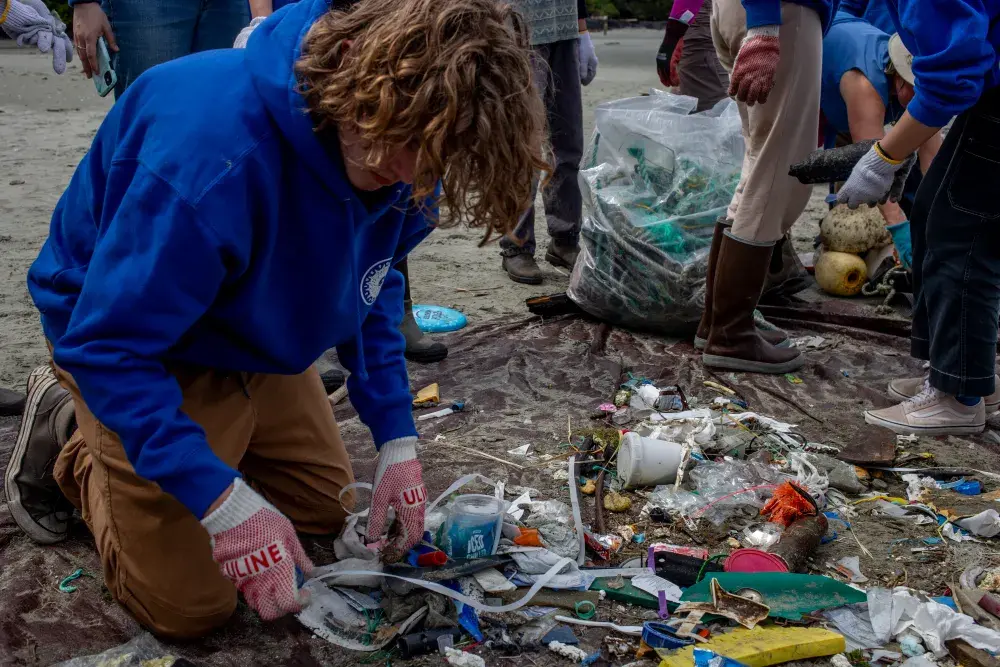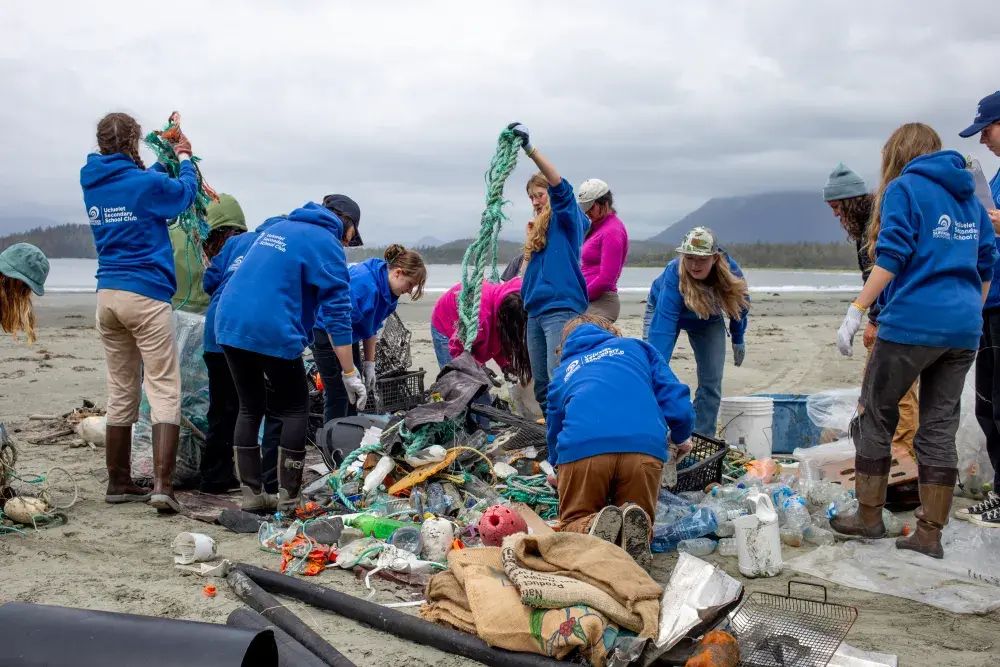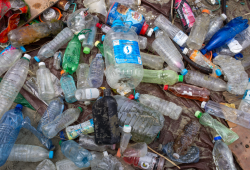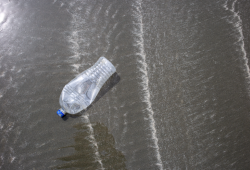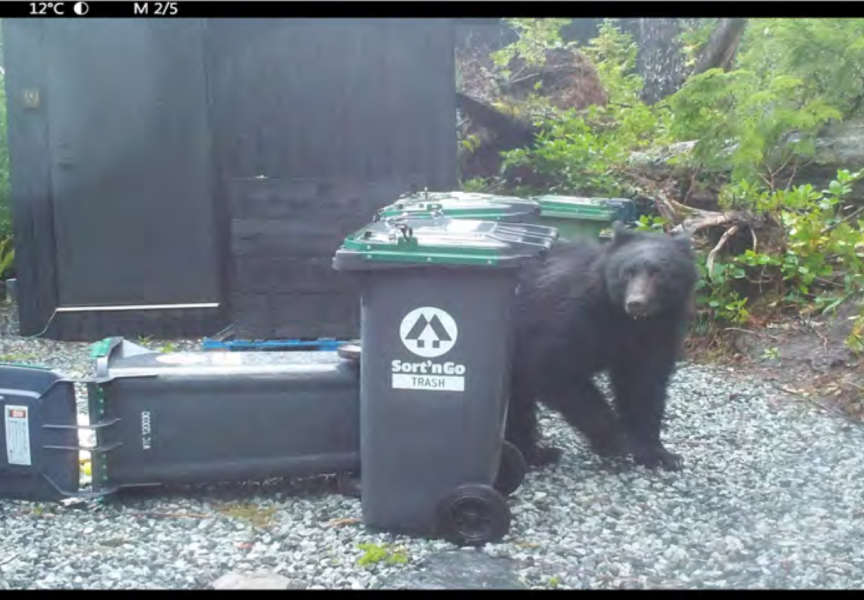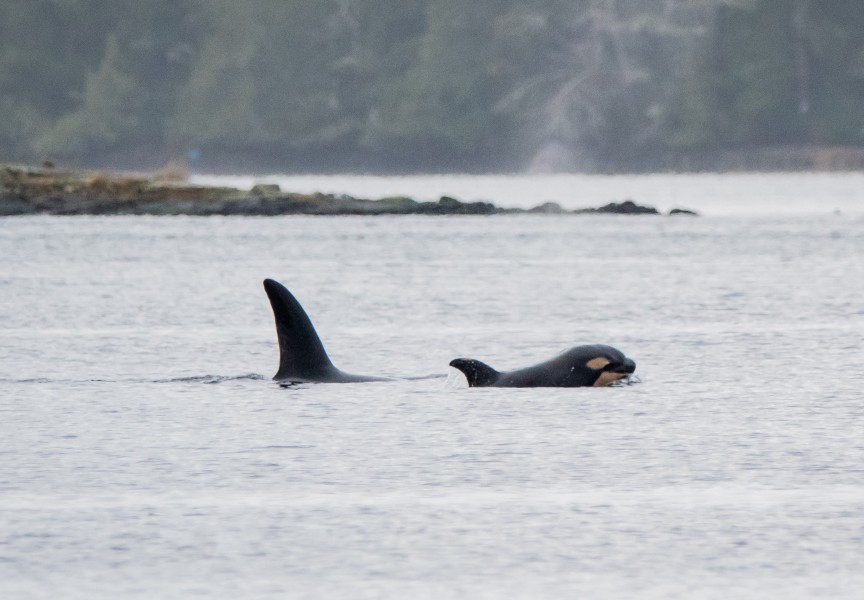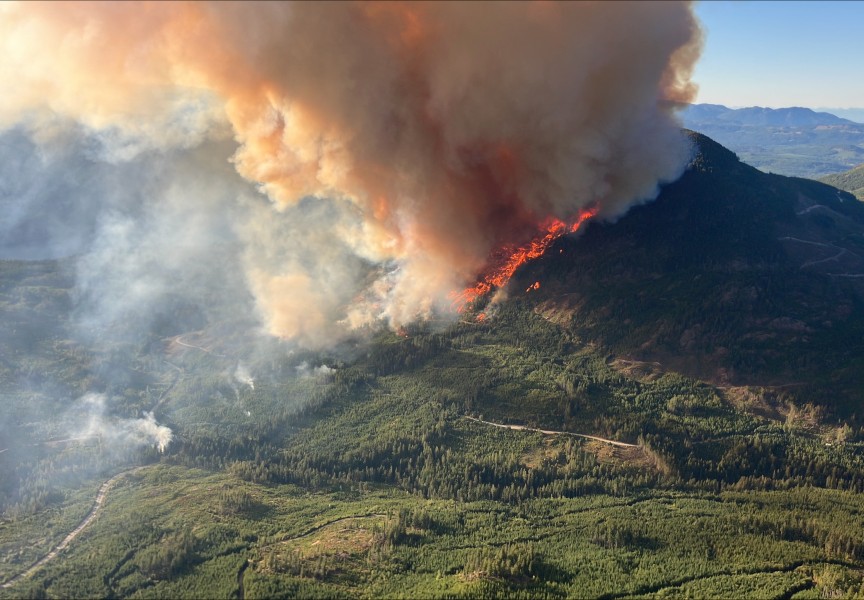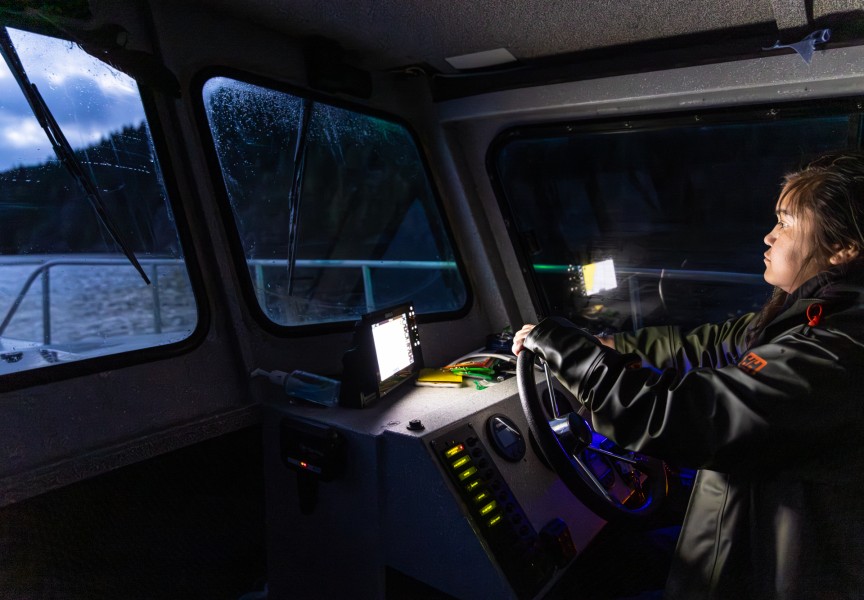Volunteers headed up by a team from BC Marine Trails (BCMT) descended on Vargas Island for the third year in a row to collect trash that has either been left there or washed ashore.
According to Sam Cutcliffe, BCMT communications and stewardship coordinator, 12 Super Sacks of marine debris were collected over three days in late May.
“Vargas Island offers a powerful lesson on marine debris,” said Cutcliffe. “When you first arrive at a remote beach like Ahous Bay, it appears pristine. However, collecting five Super Sacks of debris in a single day reveals how pervasive and hidden the problem truly is. Spotting one washed up water bottle often means there are hundreds more hidden along the shore.”
A Super Sack, also known as FIBC (Flexible Intermediate Bulk Containers), are huge woven bags. They typically have a weight capacity of 2,000 to 3,000 pounds.
Cutcliffe says his organization hosts stewardship events where they select a beach that typically has a provincial campsite. They rally volunteers to come out for a day or two of beach cleaning. The events not only collect trash, keeping it out of the sensitive ecosystem, but also teach users of the parks and beaches to clean up after themselves.
Vargas Island has a BC Parks site. In its third consecutive year being cleaned Cutcliffe has noticed that the work is getting easier there.
“This year there’s been a significant improvement, “said Cutcliffe.
In the first years they were removing half-buried large items like barrels. This year it’s mostly small stuff that has been collected.
Volunteers typically clean drink containers, fishing debris and dock floats from beaches.
A lot of coordination goes into beach cleaning events. Not only is there a call for volunteers from schools and tourism businesses, but grants need to be applied for to pay for the cost of beach cleaning. Once all that trash is collected, the massive Super Sacks need to be transported from the beach to a facility where the materials are sorted and recycled.
The Western Canada Marine Response Corporation, based in Port Alberni, picked up the collection of debris off of Vargas Island in early June. The debris will end up in the Ocean Legacy Depot in Ucluelet where it will be sorted and recycled or disposed of.
Students from both Ahousaht and Ucluelet’s secondary schools have or will take part in this season’s beach-cleaning events.
Cutcliffe says the biggest impact of the beach cleaning projects could be getting youth interested and involved.
“Getting kids interested and passionate – caring about these causes for the rest of their lives is what’s important,” said Cutcliffe.
BCMT is a non-profit charitable organization that works to secure long-term public access to the B.C. coast. They work with First Nations and other stakeholders to build, promote and protect the province’s network of beaches and marine trails while encouraging minimal impact on the coastline.
“Collaboration with First Nations is essential in our work, particularly in developing a marine trail network that respects Indigenous rights and title,” stated the organization.
BCMT says they recognize that past mapping of recreational sites lacked engagement with coastal First Nations.
“We’re now reviewing all known sites with each coastal First Nation, aiming to transform coastal recreation into a practice that respects Indigenous rights and title,” stated BCMT.
This year’s beach cleaning project was funded in part by a grant through Athletic Brewing Co’s ‘Two for the trails’ initiative. Athletic Brewing Co. is a US-based brewery that creates premium non-alcoholic beer. Their Two for the Trails program has donated more than $4 million USD to restore hiking trails in the US and Canada.

